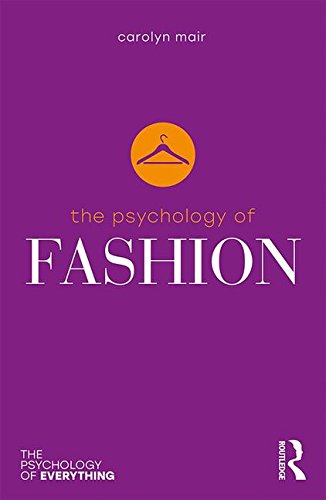The Future of Psychoanalysis: The Debate About the Training Analyst System
Part of IPA - Psychoanalytic Ideas and Applications series - more in this series

Book Details
- Publisher : Routledge
- Published : November 2016
- Cover : Paperback
- Pages : 378
- Category :
Psychoanalysis - Catalogue No : 37655
- ISBN 13 : 9781782203810
- ISBN 10 : 1782203818
There are currently no reviews
Be the first to review
This book is concerned with the question of what psychoanalytic training should look like today. Should we go on with the system that has developed over time? Or should we abandon it, and if so, for which reasons?
It provides a detailed and compelling account of the ongoing, sometimes heated, international debate about psychoanalytic training. After nearly a century since the onset of formal psychoanalytic training in the 1920s in Berlin, experiences with the prevalent Eitingon model are presented and looked at from different perspectives. Experienced psychoanalysts from all the regions of the psychoanalytic world and from different schools of psychoanalytic thought and clinical conceptualizations share their ideas, critique, and on occasion, their diagnoses.
Perhaps no other topic of present-day scientific discussion in the field is as prone to evoke more controversial and passionate reactions than the subject of training. This is certainly a result of the fact that the training-analyst system that has been the unique feature of psychoanalytic training for so long, is being more and more fundamentally questioned and seen as a possibly deleterious impediment for the development of a psychoanalytic science that would be able to meet the exigencies of the modern world and of the patients we have to treat today.
The objective of this book is to delineate the pros and cons of this discussion. If the debate is both a passionate and very difficult one, the reasons for this might be seen in the fact that we do not discuss and question scientific positions alone, but an intricate social system that has developed over time. Psychoanalysts have all grown up within this system, and this implies deep emotional identifications and transferences, both oedipal and preoedipal, which are not easy to challenge, change or even give up. However, as one of our modern poets has observed, “he not busy being born is busy dying”. In this sense, this is a book about psychoanalytic obstetrics.
With contributions by Emanuel Berman, Harold P. Blum, Elias M. da Rocha Barros, Kenneth Eisold, Cláudio Laks Eizirik, Gigliola Fornari Spoto, Cesar Garza Guerrero, Otto F. Kernberg, Douglas Kirsner, Robert Michels, Luiz Meyer, Robert L. Pyles, Robert S. Wallerstein, Sara Zac de Filc, and Peter Zagermann.
Reviews and Endorsements
‘A reader expecting from these pages some academic, traditional, reassuring confirmation of the previously existing educational mentality and processes in psychoanalysis could feel unexpectedly displaced and surprised by the content of some of these chapters. This book hosts a real, innovative debate among independent thinkers who are connected by a strong, genuine interest in transmitting psychoanalysis to future generations and who reflect, without bias or prejudice, on the experiences of their own and of previous generations.’
— Stefano Bolognini, President of the International Psychoanalytical Association; from the Foreword
‘This book is a landmark in the current discussion on analytic education. Well organized by Peter Zagermann, it brings to the reader a living debate among some of the most productive authors who have been reflecting on the controversial issue of the training analyst system. In order to revitalize psychoanalysis, it is time for a joint and courageous reflection on our educational system, its achievements and its failures. This book offers us a unique opportunity to get in touch with different experiences in many analytic centres and regions, in each one of which we can witness how the lack of open and clear debate can keep psychoanalytic education as a prey of past experience. I strongly recommend its reading to both experienced and new analysts, and I am certain that it will be astimulating bridge for the future.’
— Cláudio Laks Eizirik, Past President of the International Psychoanalytical Association, and contributor to this volume
About the Editor(s)
Peter Zagermann, PhD, is a psychoanalyst for children, adolescents and adults in private practice in Munich. He studied psychology, art history, and ancient history at the University of Munich, Germany, before psychoanalytic training with the German Psychoanalytic Association (DPV/IPA). He is a full member of the DPV, and the author of a number of books including Psychoanalysis: A General Theory of Psychic Structure Formation and Pathogenesis, as well as a series of papers on psychoanalytic subjects in German.
Customer Reviews
Our customers have not yet reviewed this title. Be the first add your own review for this title.
You may also like
Occultism, witchcraft, and cultural fashions: Essays in comparative Religions
Mircea Eliade
Price £28.00







